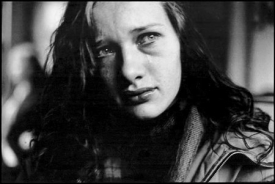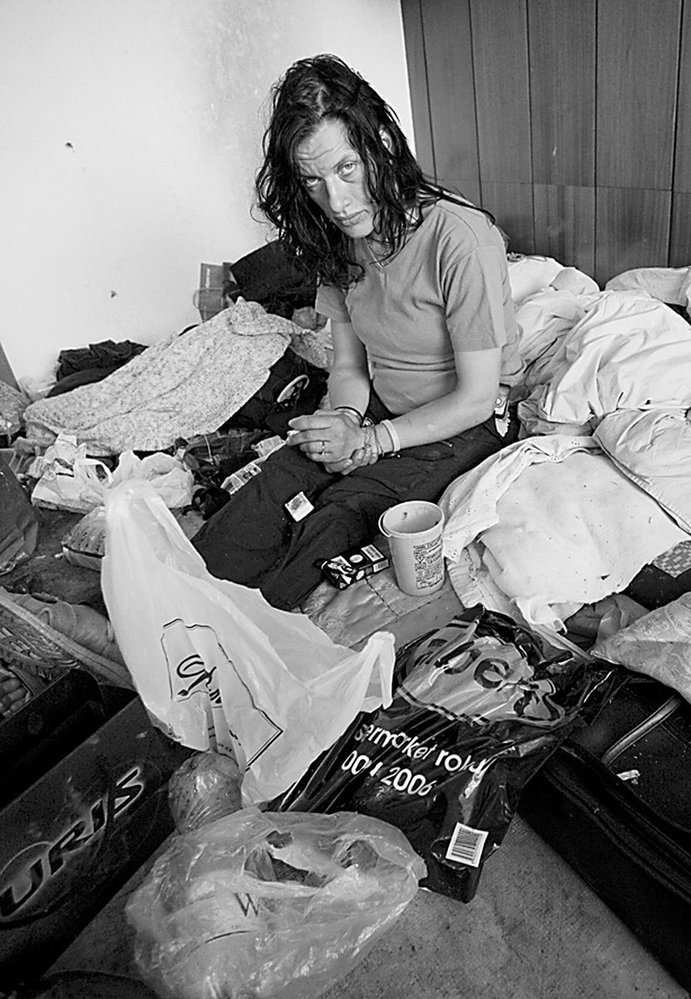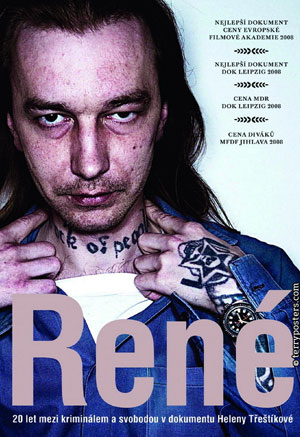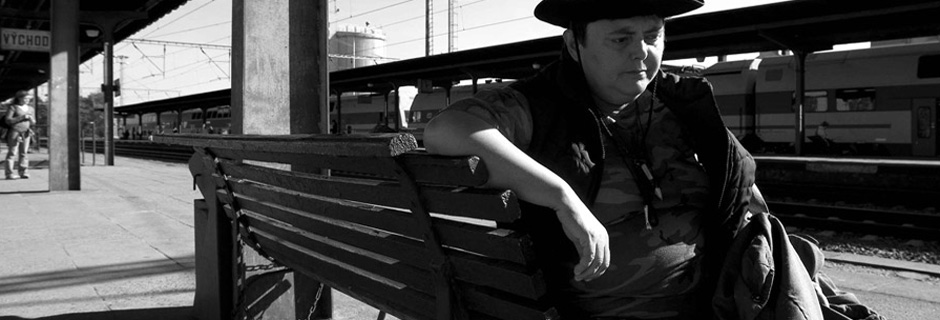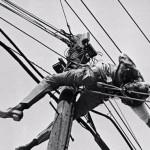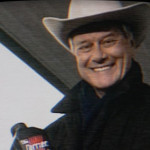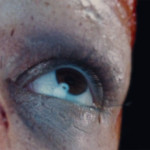Intrepid Lens/Intrepid Eye: A Q&A with Helena Trestikova
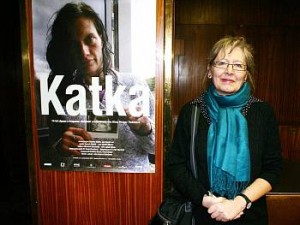 Intrepid Lens/Intrepid Eye: An Interview with Czech Director Helena Trestikova
Intrepid Lens/Intrepid Eye: An Interview with Czech Director Helena Trestikova
By Melissa Howard
My first encounter with Helena Trestikova’s work came very recently, a fact I regret. A filmmaker with several awards to her name and a distinguished reputation for her forthright documentaries, Trestikova is familiar with life’s oddities – for more than 30 years, she has been documenting people’s stories. What’s unique in Trestikova’s approach however, is her commitment and attention to her subjects – a dynamic she achieves through the time lapse method, following them for years, sometimes decades. These observational studies follow each person from an unsettled past to an inconclusive future, but Trestikova carves out a clear eyed reality viagra online 25 mg by letting her subjects speak for themselves. A recent work in an oeuvre of roughly 30 non-fiction films is Rene (2008), which belongs to a series of documentaries dealing with societal outcasts. Katka (2010) and Marcela (2007) are two other sobering portraits which chronicle the constant ups-and-downs of these respective women’s lives.
Trestikova (as well as her daughter – a filmmaker in her own right – and Katerina Cerna, producer for Negativ Film) were recently in Montreal as part of the RIDM retrospective of Trestikova’s films. I had the remarkable opportunity to meet with the levitra online canada immediate delivery director to discuss Rene and other distinctions of her work for Spectacular Optical.
Finding a quiet spot at the Cinémathèque québécoise proved trying, but we managed to locate a table in the surprisingly empty bar. Trestikova, a internet pharmacy propecia soft spoken and gracious woman, looked pensively into her lap as I began to question her.
————————
MH: You use the time lapse approach, in which you follow your subjects for several years – why do you gravitate towards this method?
HT: The first inspiration for this method was my diary because I wrote in my own for ten years and it was interesting to note the daily observations of life and the story of time. When I began studying film, I knew I wanted to bring this time element into my work… so my first film was about a village in the Czech Republic, which was destroyed by the creation of an artificial lake…so in the beginning there was a village, but afterwards there was only this lake. This was my cialis100mg first experience of working with time. My first professional film was “Miracle” about a child coming into the world and about the changes a woman encounters when becoming a mother.
HT: Then in 1980 I began my first film using the time lapse method. The aim of such a project was to follow 6 young married couples for 5 years and to observe what kinds of problems were in their marriage.. and to understand why so many young people are divorcing after such a short time. This project called “Wedding Stories” was screened on Czech TV in 1987…and so, while working on this project I decided to look into other projects in which levitra mit rezept 10 mg preise I could apply this method. Of course it was not easy because money was tight and finding topics and people was difficult, nonetheless I kept using this method.
MH: Do you find that a kinship manifests between you and the subject of your documentaries, or that a friendship or connection comes to be because of the length of time you work with a person?
HT: Yes, there’s a kind of friendship that exists. In your life you have different friends and different friendships and of course this is a certain type of friendship that develops. After such a long time it’s natural because you have experienced so much with this person.
MH: When you began making documentary films, what were some of your influences at the time in the film world?
HT: Czech New-Wave films of the 1960’s were a big influence because they were so interesting. It was at this time that I decided to make films. Also, in my family and among my friends, there was nobody who made films, but there were other important people who influenced me – such as my colleagues from Kratke films who made documentaries like me.
MH: That’s interesting that no one in your family was connected to the film or photography world.
(Helena looks up and smiles)
HT: In fact, my parents were against my decision to be a filmmaker. They didn’t believe in filmmaking as a profession because it was not what they considered to be a noble or responsible occupation. They may even have perceived filmmakers to be “weirdos”. But after my studies and after some time they accepted it.
MH: What is it about a person (such as Rene, or Marcela or Katka) that makes you want to work with him or her?
HT: Yes, well in all of these stories, in the beginning, these people were part of a special project. For example, Rene was part a project about young delinquents, in which I made 7 different films about 6 different young delinquents, but only with Rene did I continue filming. Then of course Marcela was a part of my documentary “Wedding Stories” (Marriage Etudes) and Katka was a part of another series about women at the turn of the century. So, each of my films began after having made a first part that included five years of documented footage. After this I decided to continue.
MH: Rene is a fascinating character however some uncomfortable truths are revealed in your film, such as his repeated history of theft including his break-in to your own home. Did this event make you question the dynamic you had built with Rene?
HT: No…of course it was probably one or two years that we didn’t communicate. Rene was in prison and through letters we recommenced our communication. After this I decided to follow him again with a camera because he is a very interesting person… very untypical – it’s interesting to me if somebody is unpredictable.
MH: There is a sense in Rene that you are present in the film, particularly during pivotal moments such as when his first book (Runner) comes out, or when Eva dies. Was this intentional?
HT: Probably the situation just occurred and required me to be there, for example, when I gave Rene his book. At these moments there was a lot of dialogue between us and sometimes it was more intense while other times it was less so.
MH: Do you intend on documenting Rene Plasil’s life story in the future?
HT: Yes, yes. For sure.
MH: What has the reaction to your documentaries been in the Czech Republic? Have opinions of your work changed since you began?
HT: Of course it changed because the stories themselves changed. When we screened the first part of “Wedding Stories”, Czech TV was, at the time, existing under a completely different political situation. So, on Czech TV, there weren’t many non socialist films nor documentaries nor films that were completely “other”. With “Wedding Stories” however, it became very well known, very popular and famous, almost like the first reality show here. Afterwards, documentary films began appearing more and more frequently cinemas, especially in the last ten years, and it’s really thanks to such production companies as Negativ Film. So this situation really changed, not just from my films, but through all the documentaries over the years which received more and more exposure. So… more films are making their way into theatres thanks to more distribution companies existing now than when I first began, which is a good thing.

 December 1, 2011
December 1, 2011  No Comments
No Comments
